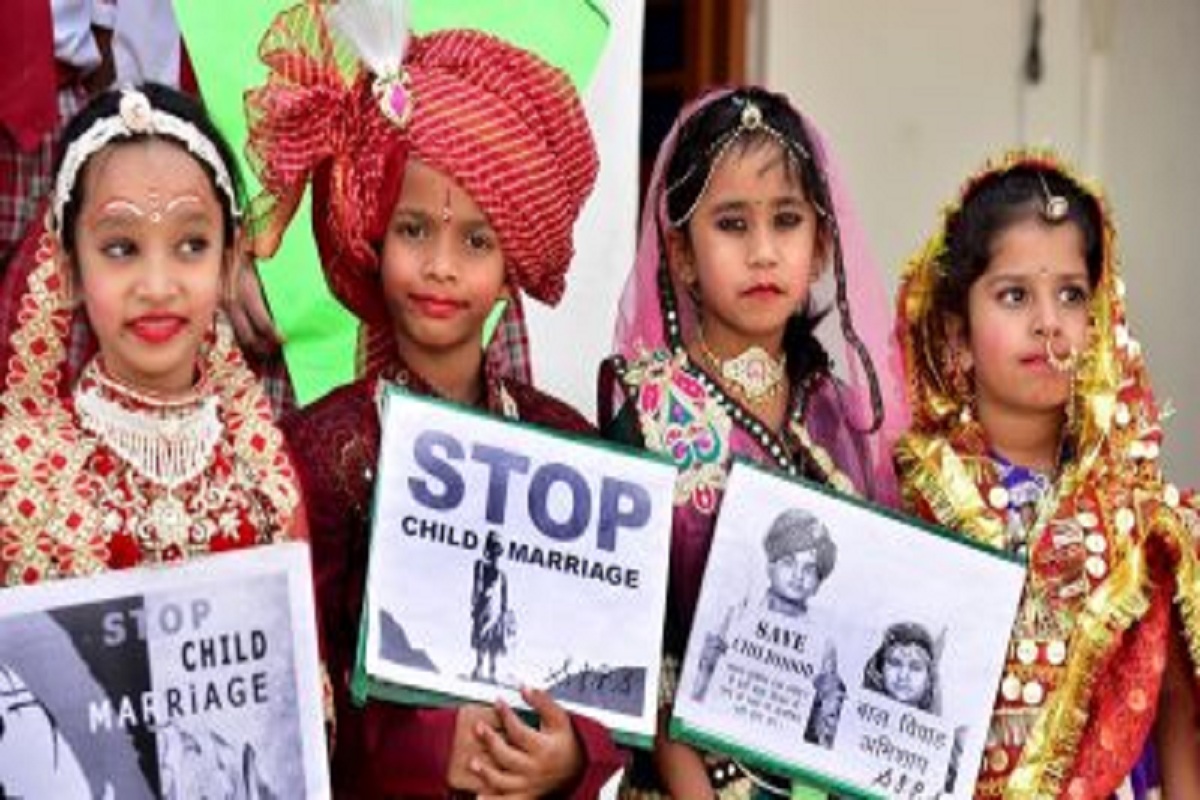Odisha largely free from caste, religion resonance in electoral politics
Caste calculation, religious affiliation has never emerged as a tool to woo voters.
The number of child marriages in Malkangiri, Nabarangpur, Mayurbhanj, Koraput, Keonjhar, Gajapti are more pronounced than the rest of the State, the officials concluded.

(File Photo)
Thanks to a joint initiative by government functionaries and child rights activists, over 2,000 child marriages were averted in the State in the past three years while as many as 4,000 villages have become child marriage free.
As many as 2,176 child marriages were stopped from 2018 to 2020 as authorities backed by civil society groups swung into action to thwart the bids to marry off minors in contravention of legal provisions, said officials of the Women and Child Welfare Department.
While In 2017, 411 child weddings were stopped following last-minute intervention by the community, NGOs, field-level officials besides police, 657 such marriages were thwarted in 2018 by timely intervention. In 2020, as many as 1,108 child marriages were also stopped, they said.
Advertisement
The legally permissible age for girls and boys to get married is 18 and 21 respectively. In the event, they marry before attaining the permissible age, such weddings come under the category of child marriages.
Meanwhile, the government has drawn up an action plan for addressing the social malaise and vulnerabilities of girl children from the abhorrent practice. It intends to put to an end child marriage by 2030.
The action plans are being implemented in the district and urban locations specific to eliminate child marriage. An inter-sectoral convergent action plan involving the departments of school and mass education, Scheduled Caste & Scheduled Tribes development, women and child development, Panchayati Raj, skill missions, and sports & youth is being implemented across the State to eliminate child marriage practice.
It’s the girl children who are mostly being thrown into weddings at an early age. The action plan’s focus is to keep girls in schools, continue their education, and bring back dropout girls to the education system, enrolment into skill development programmes and livelihood programmes for young women. Child marriages result in early motherhood which is detrimental to minor girl’s health.
Poverty coupled with the ignorance of illiterate parents has all contributed to the prevalence of this illegal practice. Ironically the majority of parents are unaware of the legal provisions of the Prohibition of Child Marriage Act, 2006, which is a cognizable offence.
The number of child marriages in Malkangiri, Nabarangpur, Mayurbhanj, Koraput, Keonjhar, Gajapti are more pronounced than the rest of the State, the officials concluded.
Advertisement